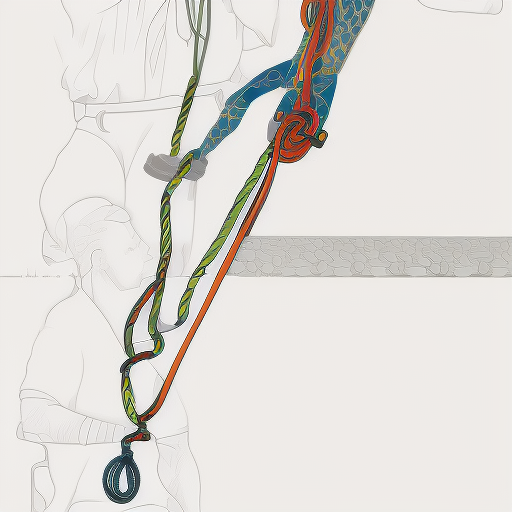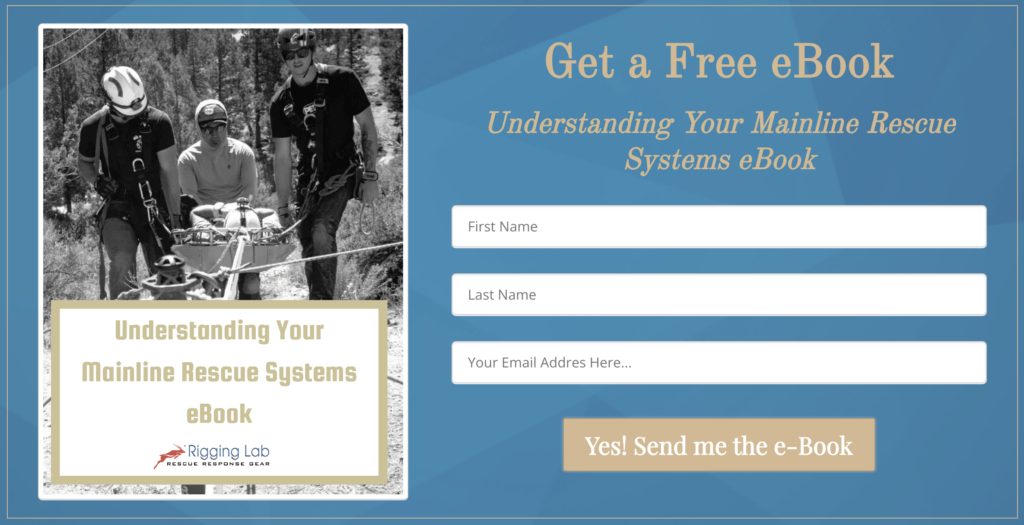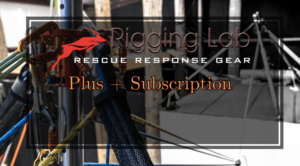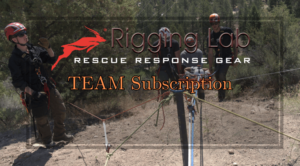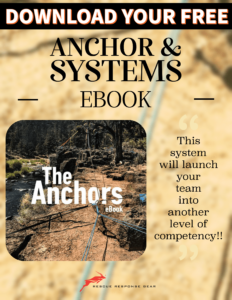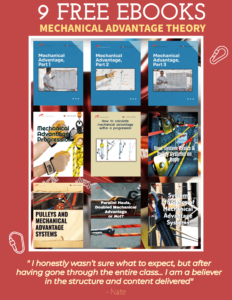Why is it so hard for many technicians to understand higher levels of rigging?
While it may not be traditional, the addition of coaching services within the rope rescue and rigging industry can be a forward-thinking and proactive approach to address the evolving needs of professionals in the field. It can lead to improved safety, competency, and well-being for those working in this critical industry.
Coaching within the rope rescue and rigging industry can be a valuable and logical service to offer, especially considering the importance of safety and the specialized skills and knowledge required in this field. The most logical place for coaching within the rope rescue and rigging industry can be in the following areas:
- Technical Skills and Training Coaching: Many professionals in the rope rescue and rigging industry require specialized technical skills for safe and efficient operations. Offering coaching in areas such as rope access, rope rigging, and technical rescue techniques can be highly valuable. This coaching can help individuals or teams enhance their proficiency and safety practices.
- Safety and Compliance Coaching: Safety is paramount in rope rescue and rigging. Offering coaching on safety protocols, compliance with industry standards and regulations, and best practices can help organizations ensure the safety of their workers and operations.
- Leadership and Team Management Coaching: In the rope rescue and rigging industry, team coordination and leadership are essential. Coaching can be provided to team leaders, supervisors, or managers to enhance their leadership and management skills. This coaching can focus on effective communication, decision-making, and team coordination during emergency situations.
- Equipment and Technology Coaching: The industry is constantly evolving with new equipment and technologies. Coaching on the selection, use, and maintenance of ropes, harnesses, and other gear can be invaluable to ensure the equipment is used safely and efficiently.
- Risk Assessment and Planning Coaching: Coaching on risk assessment, job planning, and incident management can help professionals make better decisions and respond effectively in emergency situations. This coaching can be beneficial for both individuals and teams.
- Mental and Emotional Resilience Coaching: Working in high-stress, high-risk environments can take a toll on mental and emotional well-being. Coaching to help professionals develop resilience, manage stress, and cope with the demands of their work can be vital.
- Entrepreneurship and Business Development Coaching: For individuals or companies providing rope rescue and rigging services, coaching related to entrepreneurship, marketing, business development, and client relationship management can help in growing the business and reaching a wider client base.
The most logical place for coaching within the rope rescue and rigging industry will depend on your expertise, the specific needs of the industry or individuals within it, and the demand in your target market. Conduct thorough market research to identify which coaching services are most in demand and where your skills and experience align with those needs.
There are several reasons why coaching within the rope rescue and rigging industry can be important and valuable, even if it’s not a traditional approach:
- Enhancing Safety and Competence: Safety is a paramount concern in rope rescue and rigging. While traditional training provides essential technical skills, coaching can offer ongoing support and guidance to ensure that professionals are continuously improving their skills and making safe decisions in the field. This can ultimately lead to fewer accidents and better outcomes.
- Adapting to Changing Needs: As technologies and best practices in the industry evolve, professionals need to adapt and update their knowledge and skills. Coaching can provide a mechanism for ongoing learning and skill development in response to these changes.
- Mental and Emotional Support: The emotional and psychological demands of rope rescue and rigging work can be significant. Coaching can help individuals cope with the mental stress and emotional challenges that come with the job. This can lead to better mental health and overall well-being.
- Leadership and Team Development: Effective leadership and team coordination are crucial in emergency and rescue situations. Coaching can help develop leadership and teamwork skills, improving the overall effectiveness of operations.
- Individualized Support: Coaching is highly individualized and can be tailored to the specific needs and goals of each person or team. This level of personalization can be especially beneficial in an industry where roles and requirements can vary widely.
- Entrepreneurship and Business Growth: For organizations and individuals providing rope rescue and rigging services, coaching in entrepreneurship and business development can help them grow their businesses and serve their clients more effectively.
- Compliance with Industry Standards: Ensuring that professionals are aware of and adhere to industry standards and regulations is essential for safety and legal compliance. Coaching can help reinforce this knowledge.
Peace on your Days
Lance

